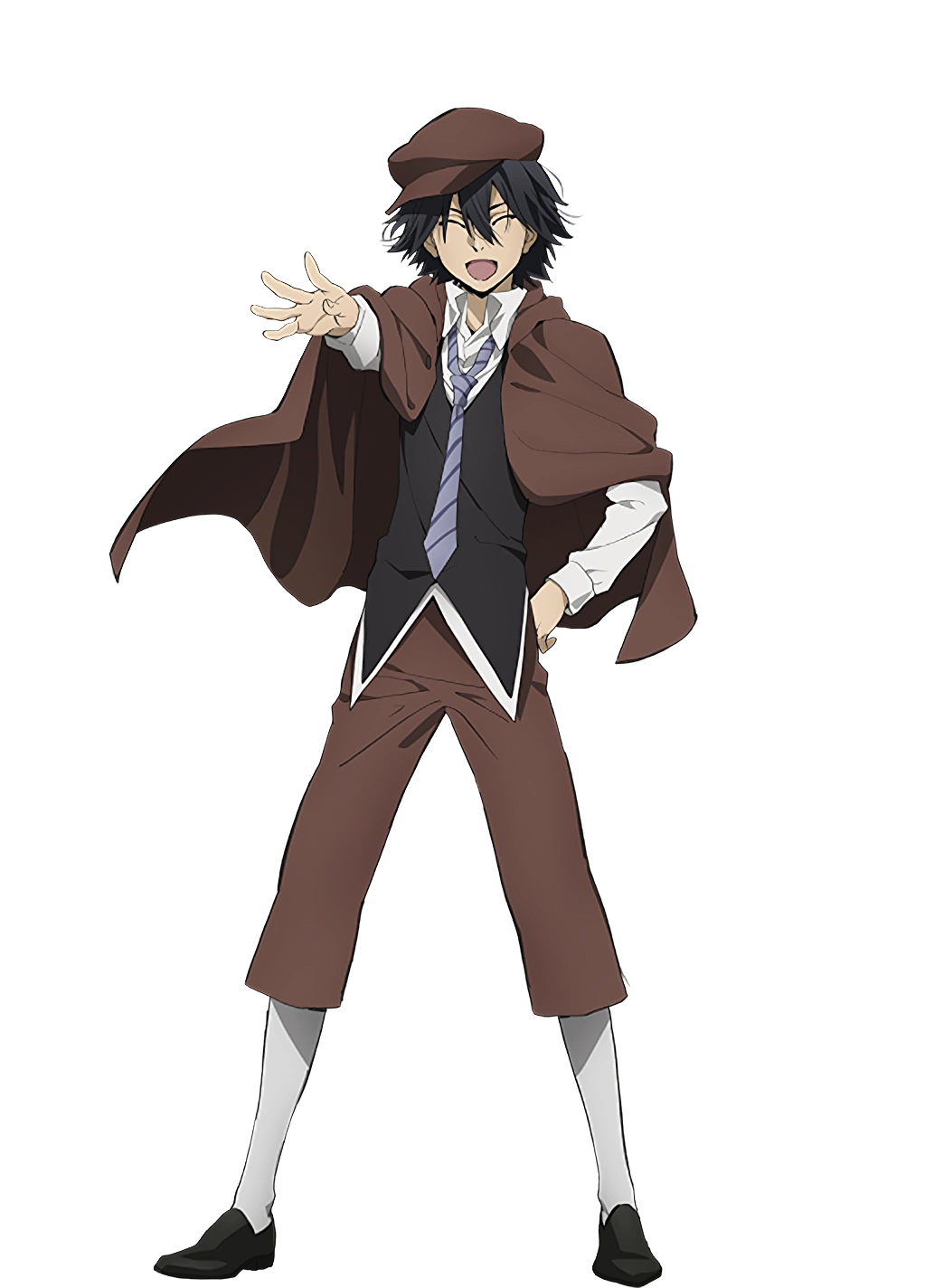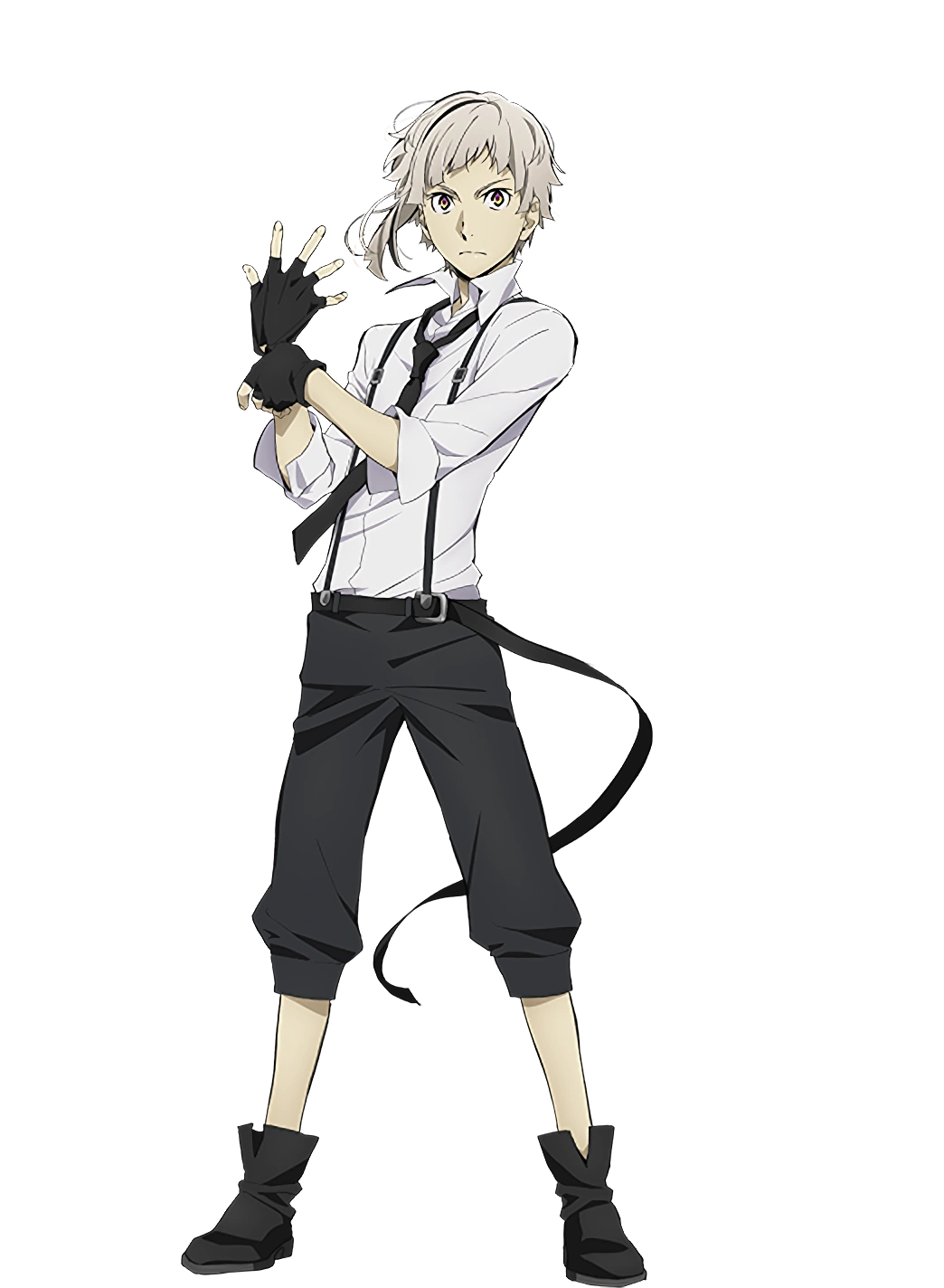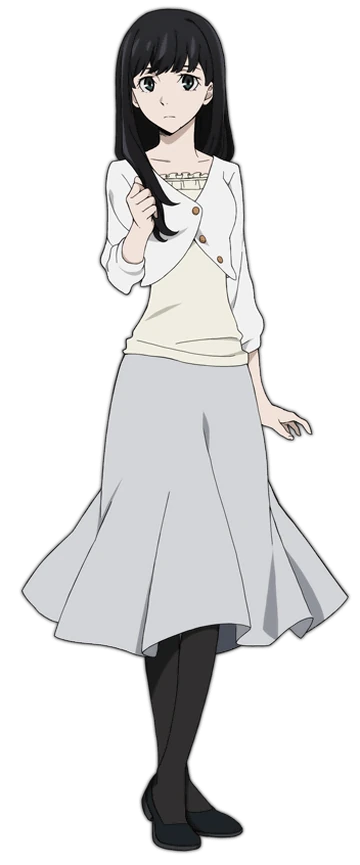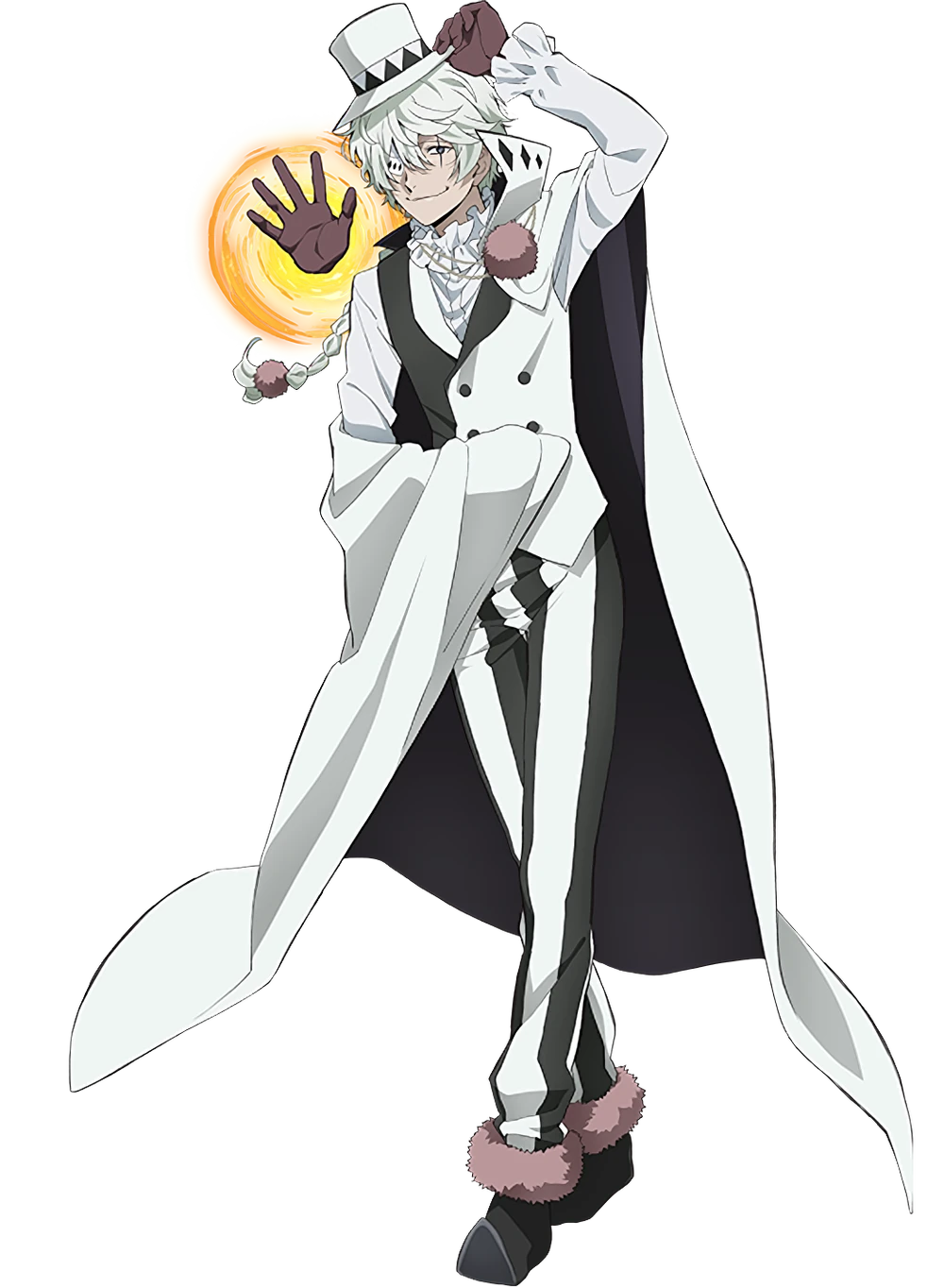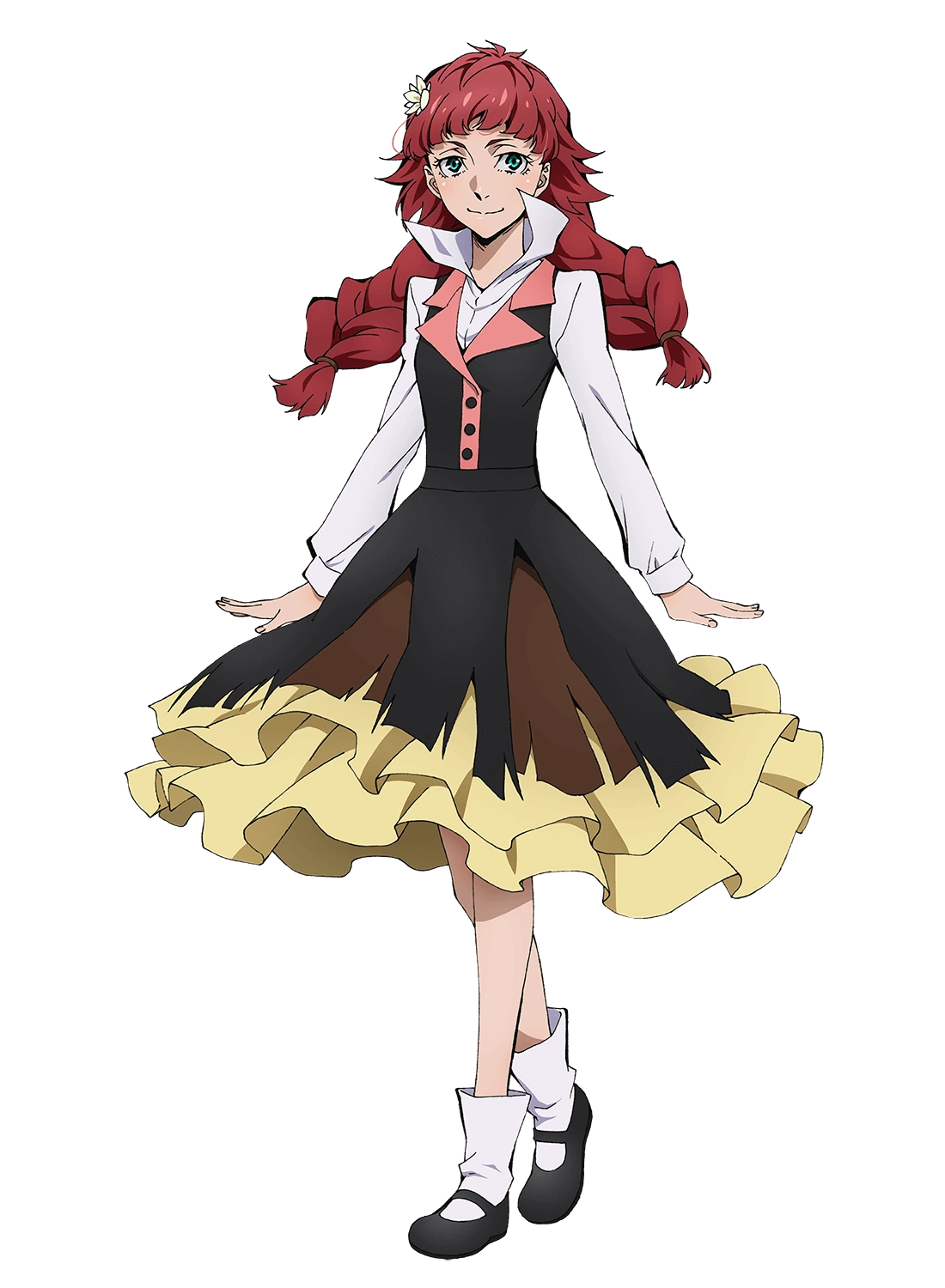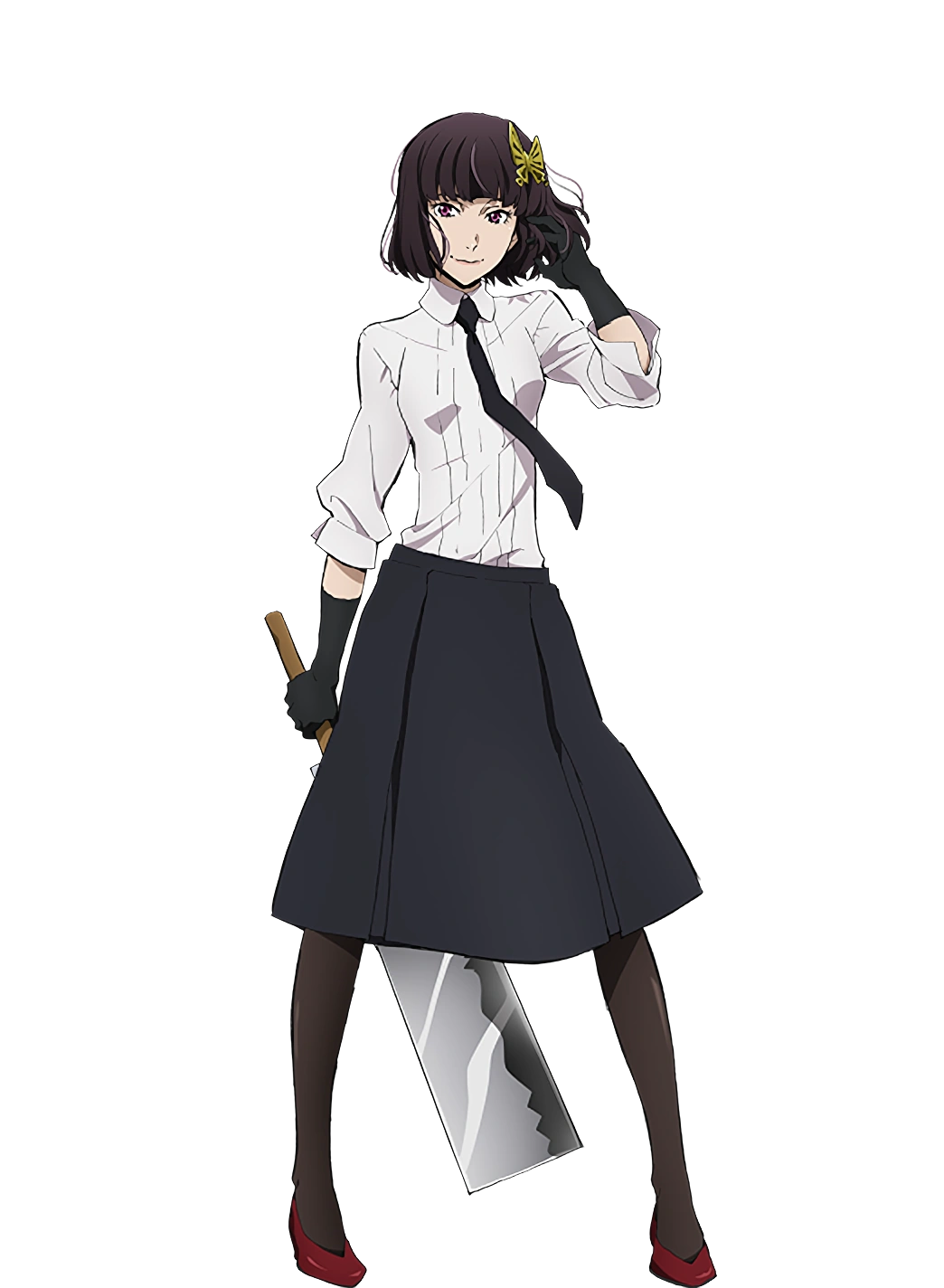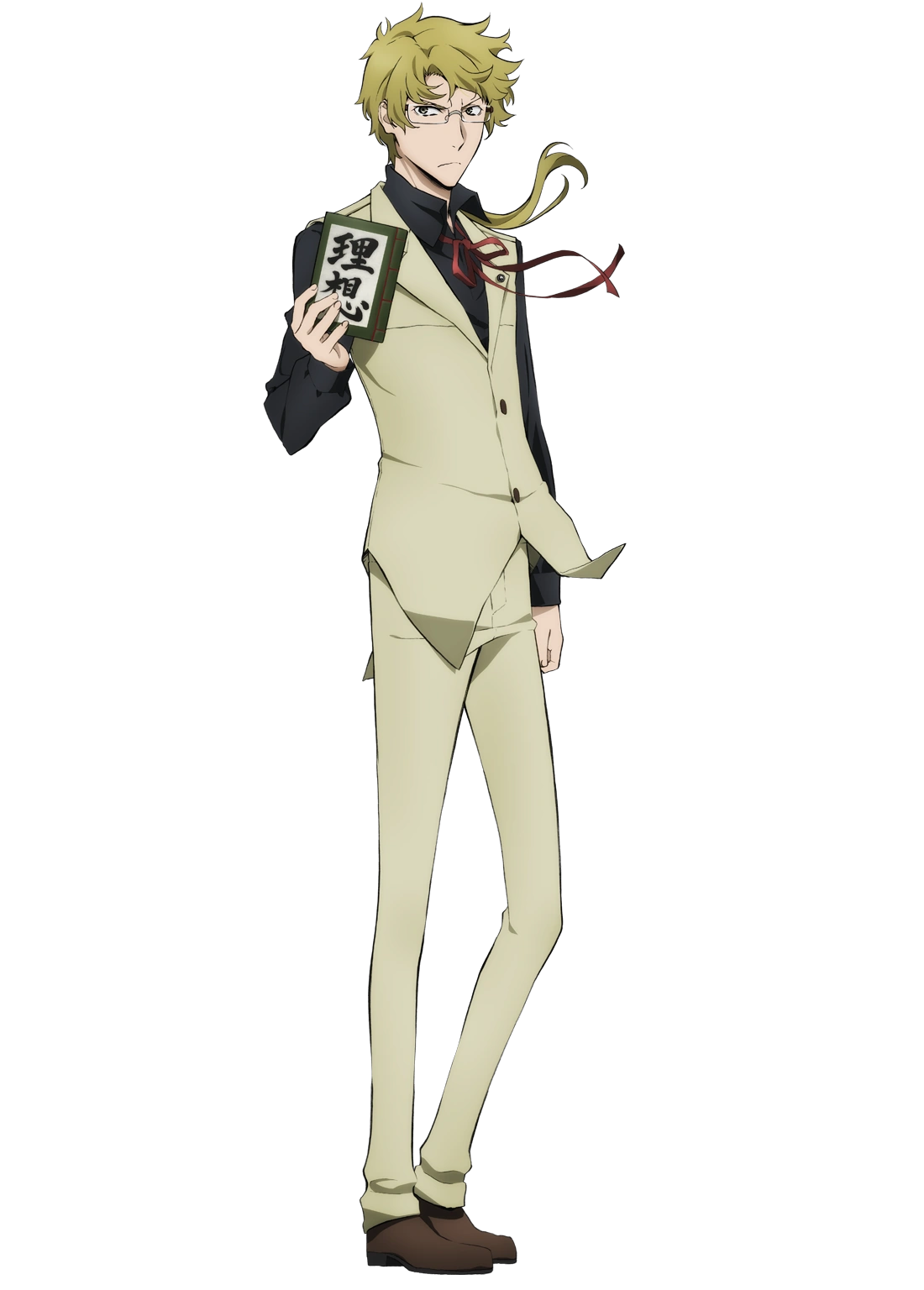 OCPD
OCPD
Kunikida Doppo
国木田 独歩
Obsessive-Compulsive Personality DisorderKunikida exhibits behaviors characteristic of someone with OCPD. His extreme dedication to work and methodical approach to life demonstrate his need for control and perfectionism. His adherence to his "Ideal" notebook reflects his preoccupation with rules and order.
Detailed Analysis
- Preoccupation with Details: Kunikida's obsession with his notebook and planning shows his extreme focus on order and organization, often at the expense of the larger goals.
- Perfectionism That Interferes with Task Completion: His reluctance to deviate from his schedule, even when a bomb threat occurs, showcases his dysfunctional perfectionism.
- Excessive Devotion to Work: His character is defined by his work ethic, often neglecting personal relationships and leisure.
- Overconscientious about Morality: He rigidly sticks to his moral code, which is outlined in his notebook, ignoring the flexibility required in real-world situations.
- Rigidity and Stubbornness: His inflexible nature and strict adherence to his principles and plans are prominent aspects of his personality, making him rigid and stubborn.
DSM-5 Diagnostic Criteria for OCPD
- Is preoccupied with details, rules, lists, order, organization, or schedules
- Shows perfectionism that interferes with task completion
- Is excessively devoted to work and productivity
- Is overconscientious, scrupulous, and inflexible about matters of morality, ethics, or values
- Is unable to discard worn-out or worthless objects even when they have no sentimental value
- Is reluctant to delegate tasks or to work with others unless they submit to exactly his or her way of doing things
- Adopts a miserly spending style toward both self and others; money is viewed as something to be hoarded for future catastrophes
- Shows rigidity and stubbornness
Kunikida Exhibits the Behavior of Someone with OCPD
For number one on the diagnostic criteria "is preoccupied with details, rules, lists etc." in a lot of episodes/chapters we can see him obsessing over routines and schedule.
For number three "is excessively devoted to work and productivity etc." that is supposed to be his thing, he's excessively devoted to work.
For number two "shows perfectionism that interferes with task completion" in that seemingly unimportant season two episode (the one with Aya) he hesitates to help with the bomb threat because it would mess up his schedule.
For four "is overconscientious, scrupulous, and inflexible about matters of morality, ethics, or values" Kunikida follows his ideals to the point that he can't not follow them.
For eight "shows rigidity and stubbornness" rigidity and stubbornness are his main personality traits.
Summary
As we can see from the diagnostic criteria Kunikida was obviously created based on this criteria. The criteria says he has to have four or more of the following, as we can see he meets 5/8 of the criteria. In summary Kunikida is the human embodiment of Obsessive-Compulsive Personality Disorder.
